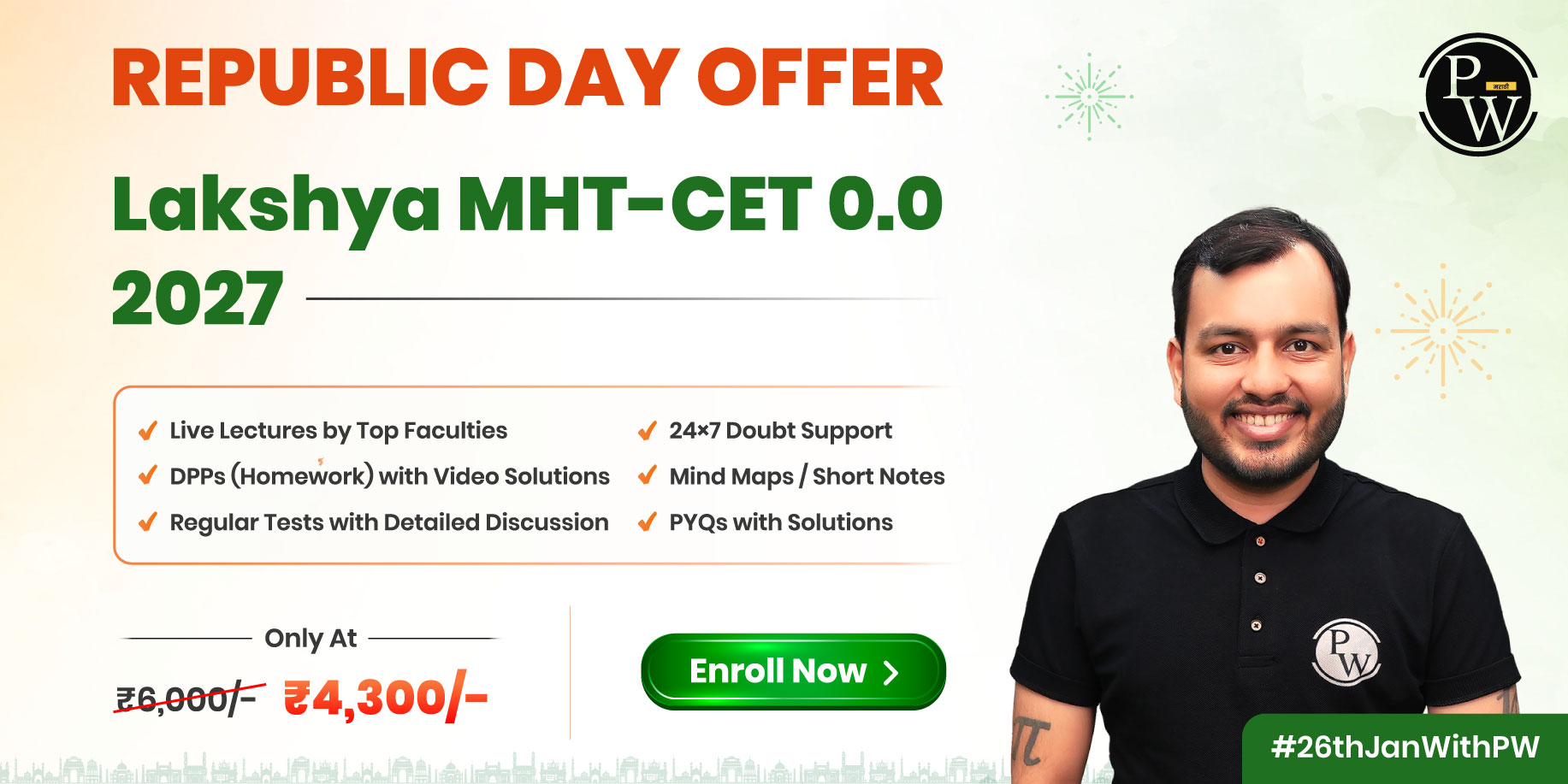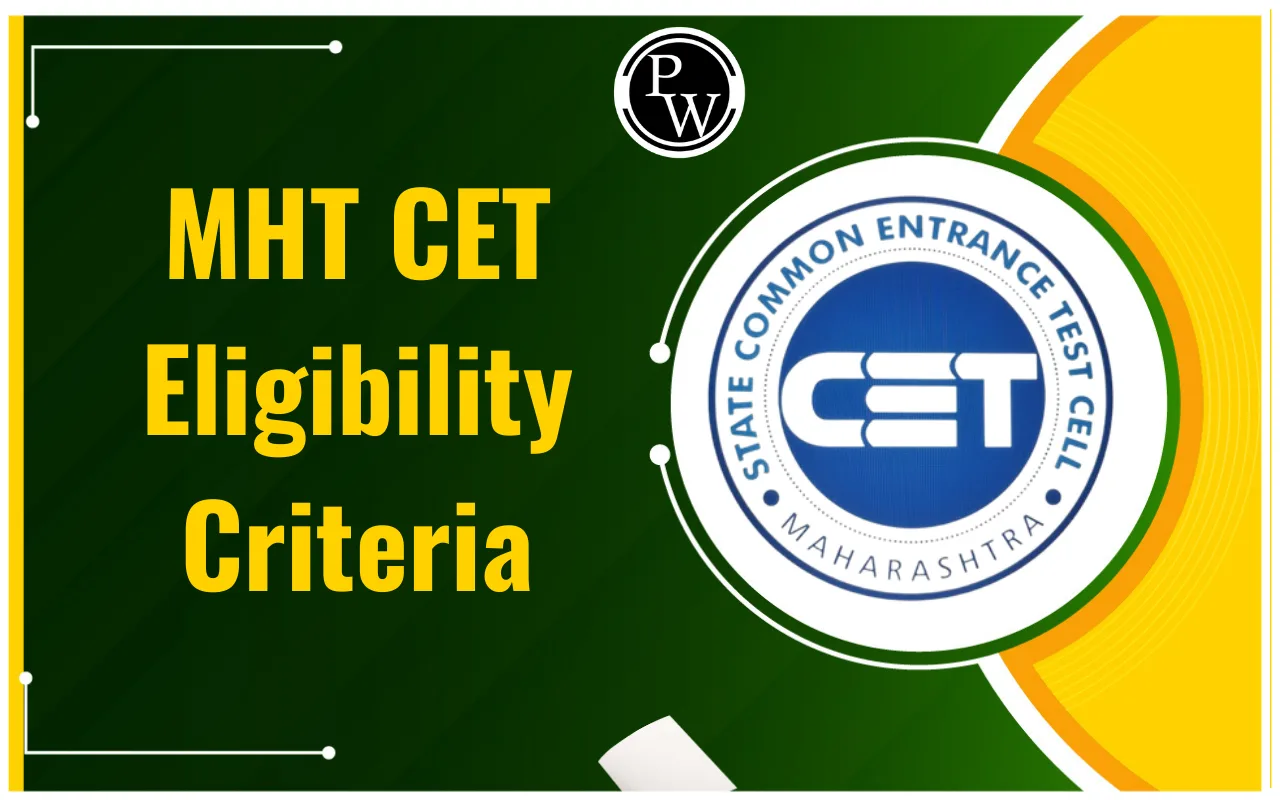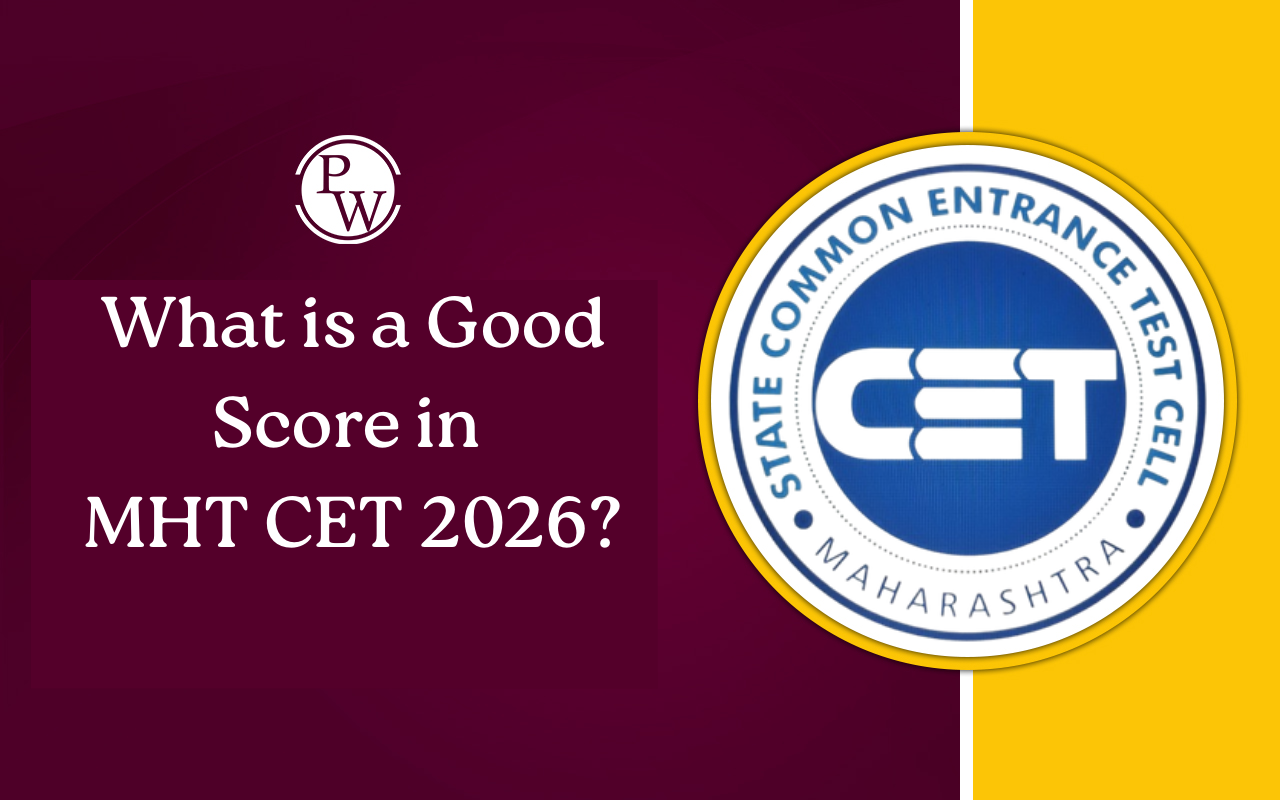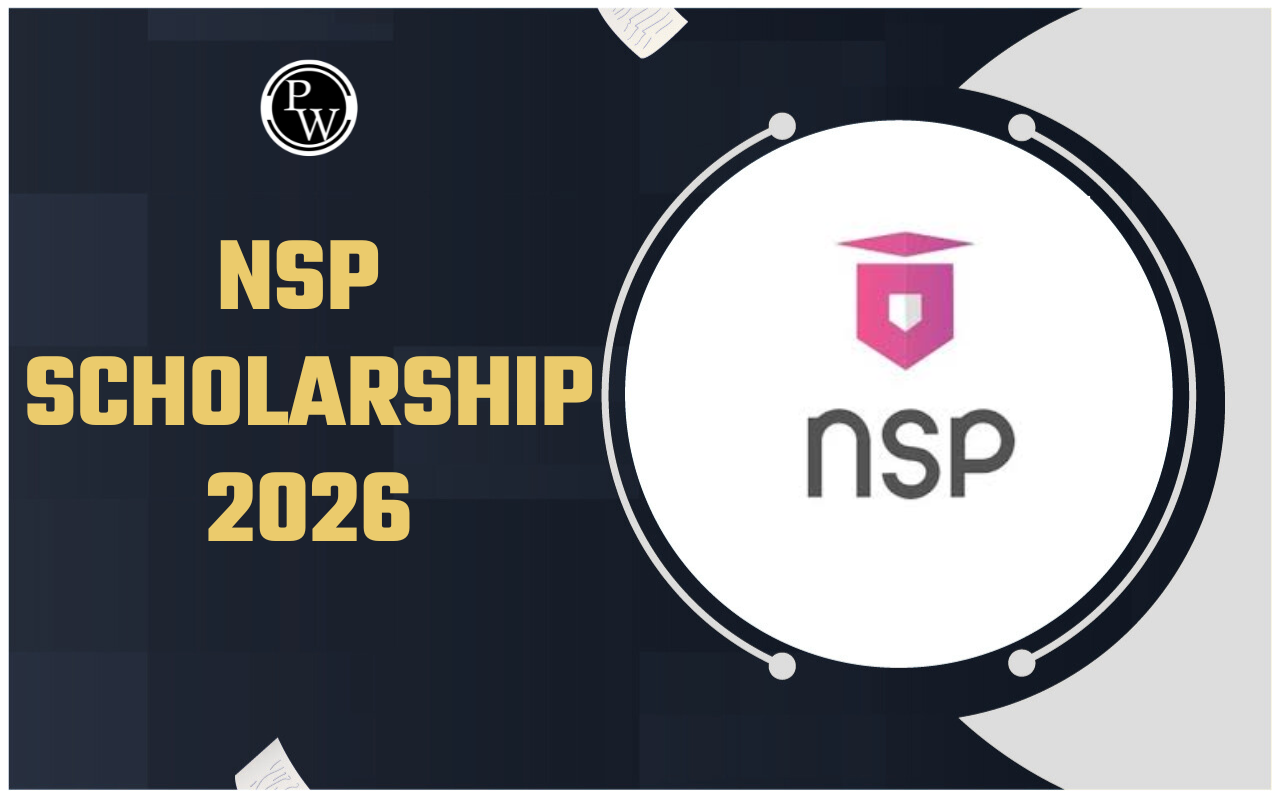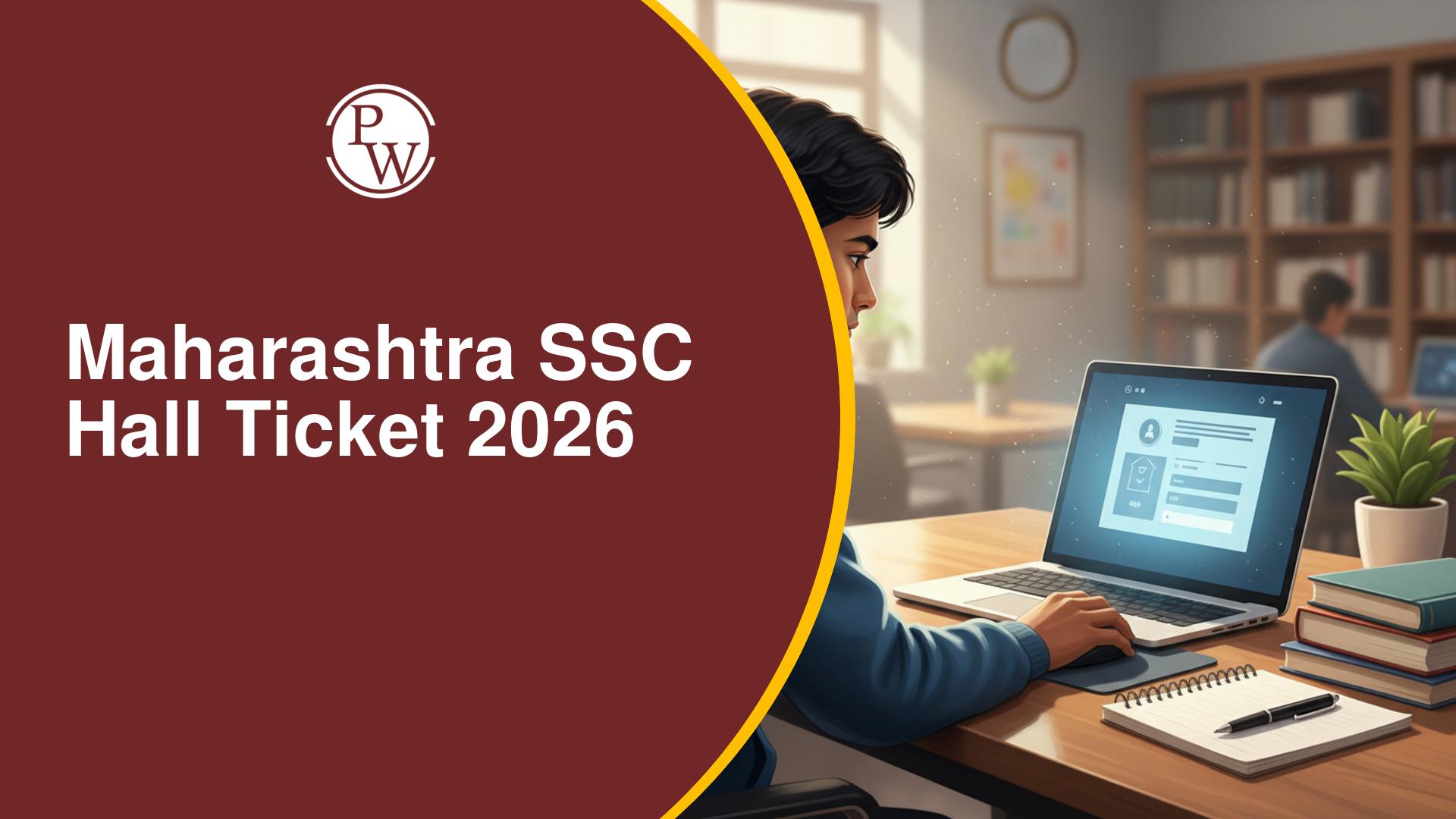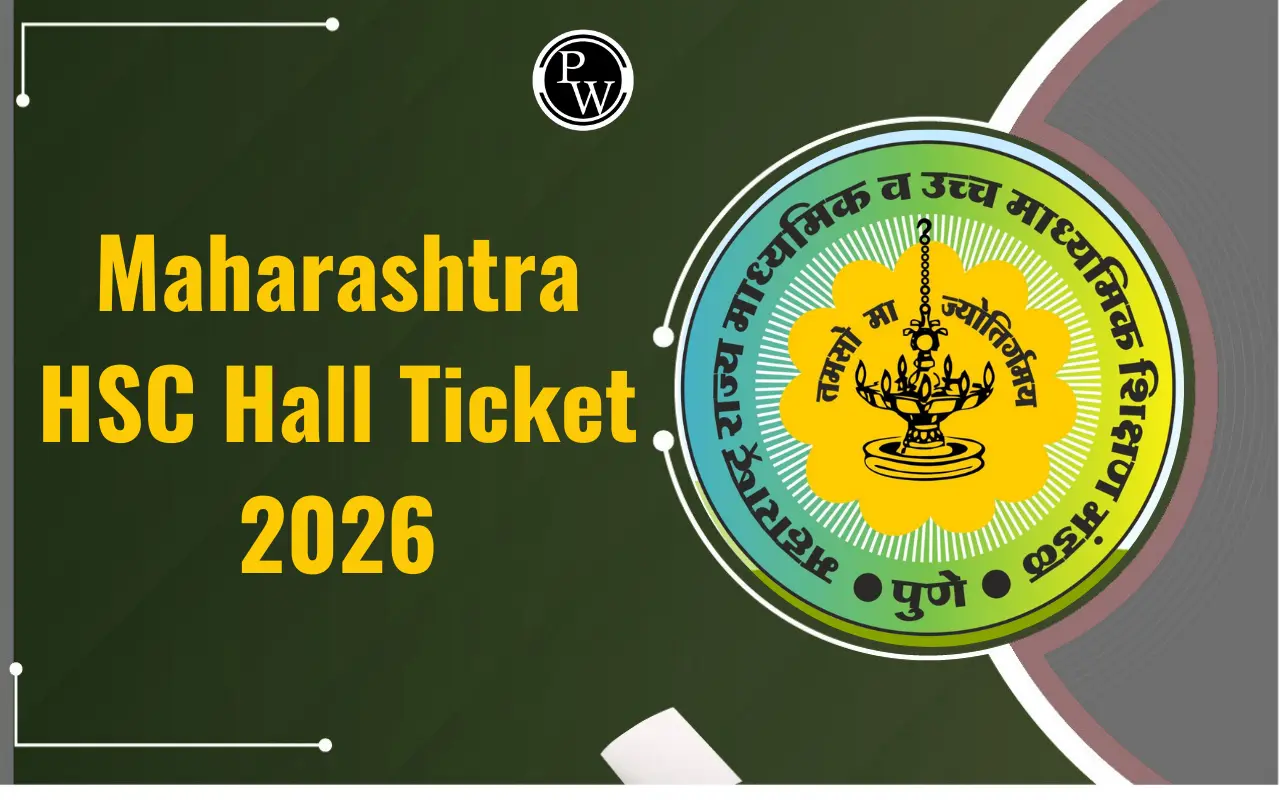
AP POLYCET Syllabus 2025: The State Board of Technical Education and Training includes the AP POLYCET 2025 syllabus in its official notification.
Students planning to take the exam should review the syllabus carefully before starting their preparation. The syllabus covers important topics from Physics, Mathematics, and Chemistry that will be asked in the exam.
To score well, candidates should keep the syllabus handy throughout their preparation. Referring to previous years' question papers can also help understand the exam pattern. Following a good study plan and using preparation tips will improve performance.
AP POLYCET Syllabus 2025
The AP POLYCET 2025 syllabus includes key topics from Mathematics, Physics, and Chemistry, based on the Class 10 curriculum. Candidates should carefully review the syllabus before starting their preparation to ensure they cover all essential concepts.
Understanding the syllabus helps in creating an effective study plan and improving exam performance.
It is also beneficial to refer to previous years' question papers for better insight into the exam pattern. Check the detailed AP POLYCET 2025 syllabus below to begin your preparation.
AP POLYCET 2025 Mathematics Syllabus
The AP POLYCET 2025 Mathematics syllabus includes important topics from the Class 10 curriculum, such as Algebra, Geometry, Trigonometry, and Mensuration.
Candidates should thoroughly review these topics to perform well in the exam. Understanding the syllabus will help in effective preparation. Check the table below for the detailed syllabus.
|
Topics |
Topics |
|
Quadratic Expressions |
Matrices |
|
Permutations and Combinations |
Theory of Equations |
|
Probability |
Partial Fractions |
|
Binomial Theorem |
Random Variables and Distribution |
|
Exponential and Logarithmic series |
- |
AP POLYCET 2025 Physics Syllabus
The AP POLYCET 2025 Physics syllabus includes important topics from the Class 10 curriculum, covering fundamental concepts in mechanics, heat, electricity, magnetism, and optics. Candidates should thoroughly study these topics to perform well in the exam. Check the table below for a detailed breakdown of the Physics syllabus.
|
Topics |
Topics |
|
Heat |
Reflection of Light by Different Surfaces |
|
Refraction of Light at Plane Surfaces |
The Human Eye and Colourful World |
|
Electric Current |
Electromagnetism |
AP POLYCET 2025 Chemistry Syllabus
The AP POLYCET 2025 Chemistry syllabus includes important topics from the Class 10 curriculum, covering fundamental concepts like atomic structure, chemical bonding, acids and bases, and more. Candidates should carefully review the syllabus to ensure thorough preparation. Check the table below for a detailed breakdown of the Chemistry syllabus.
|
Topics |
Topics |
|
Classification of Elements- The Periodic Table |
Chemical Bonding |
|
Principles of Metallurgy |
Carbon and its Compounds |
|
Chemicals Reactions and Equations |
Acids, Bases, and Salt |
|
Structure of Atoms |
- |
AP POLYCET Exam Pattern 2025
The State Board of Technical Education and Training provides the AP POLYCET 2025 syllabus on its official website. Candidates should check the official exam pattern along with the syllabus while preparing for the exam. This will help them understand the exam format and prepare effectively for AP POLYCET 2025.
|
Particulars |
Details |
|
Mode |
Pen and Paper Based Test |
|
Duration |
2 Hours |
|
Sections |
Mathematics – 50 Questions Physics – 40 Questions Chemistry – 30 Questions |
|
Type of Questions |
Multiple Choice Questions (MCQs) |
|
Total Number of Questions |
120 Questions |
|
Total Marks |
120 |
|
Marking Scheme |
1 mark will be allotted for every correct answer. No negative marking. |
AP POLYCET Syllabus 2025: Preparation Tips
To perform well in the AP POLYCET 2025 exam, candidates should follow a structured study plan. Here are some effective preparation tips:
-
Understand the Syllabus & Exam Pattern – Go through the official syllabus and exam pattern to know what to study.
-
Make a Study Plan – Create a timetable that covers all subjects (Mathematics, Physics, and Chemistry) with enough time for revision.
-
Refer to NCERT & Class 10 Books – Study from school textbooks as the syllabus is based on the Class 10 curriculum.
-
Practice Previous Year Papers – Solve previous year question papers and mock tests to understand the exam pattern and improve speed.
-
Take Notes – Write down important formulas, concepts, and shortcuts for quick revision.
-
Focus on Weak Areas – Identify difficult topics and spend more time practicing them.
AP POLYCET Syllabus 2025 FAQs
What subjects are included in AP POLYCET 2025?
Is the AP POLYCET syllabus based on Class 10?
Where can I check the official syllabus?

